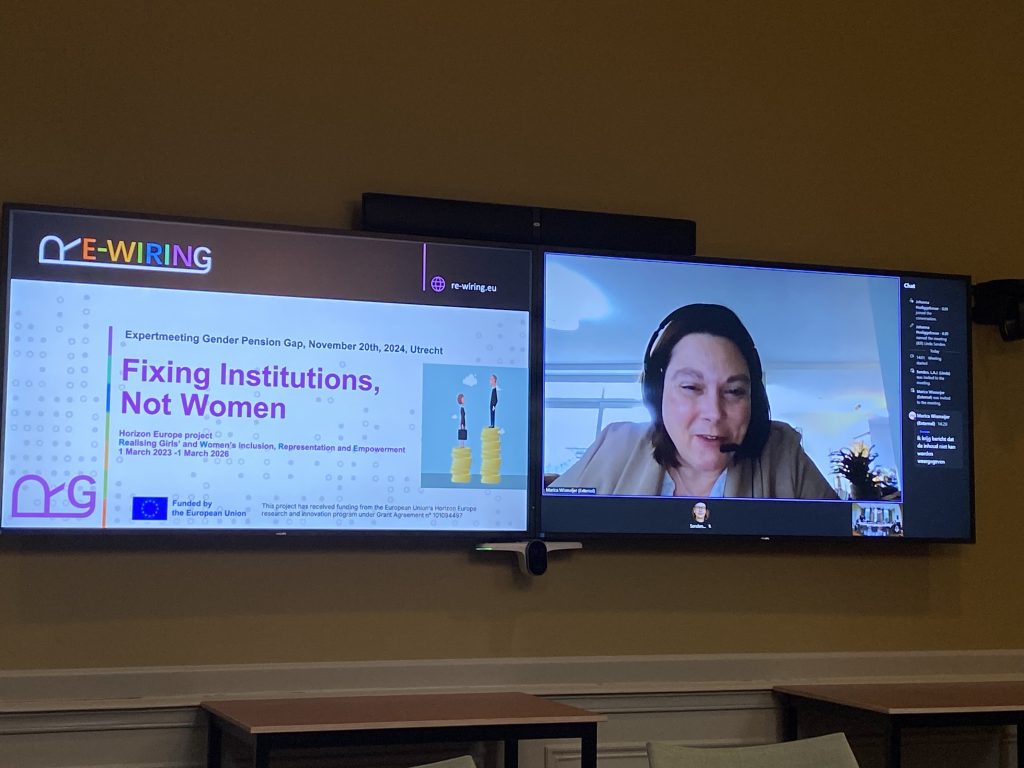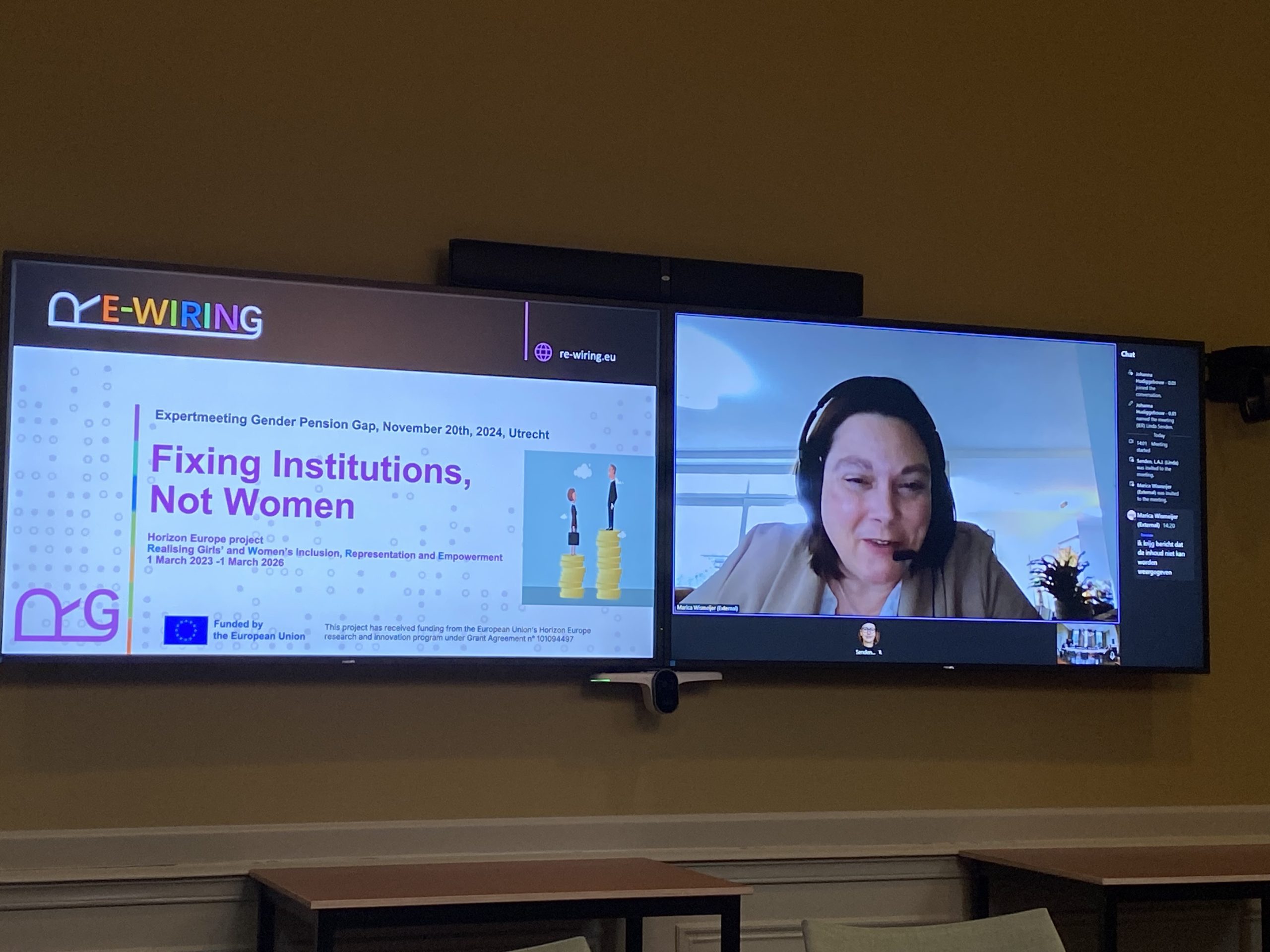On November 20, we organized an expert meeting on pension schemes and their gender impact in the Netherlands. With a gender pension gap of 39 percent, the Dutch pension gap is currently the second largest in the EU. The expert meeting not only addressed whether a gender perspective has been incorporated into the ongoing reform of the Dutch pension system and how the new legislation will affect women, but also explored critical topics such as intersectionality, how developments can be analyzed from a European perspective, and whether the gender impact in the Netherlands is a subject of political, legal, and societal debate.
This expert meeting was part of a specific case study conducted from a comparative legal perspective and based on a shared template for analyzing gender impact in crisis contexts. It represents the next step in our research on the gender neutrality or insensitivity of policy and legislative processes in the countries involved in the project (in addition to the Netherlands: Belgium, Spain, Poland, the UK, and South Africa).
Key issues discussed included:
- Would the new pension system have been designed differently if part-time work had been considered a permanent feature during its development?
- What alternative strategies could mitigate potential disadvantages beyond the typical “fixing the women” approaches, such as encouraging women to work more hours, pursue higher-paid jobs, or better understand the pension implications of part-time work?
Participants represented a broad range of stakeholders, including government officials, civil society organizations, pension funds, social partners, unions, independent experts, industry organizations, and academics.
The findings will be incorporated into the case study on the pension gap and shared with stakeholders and the press.








Leave a Reply